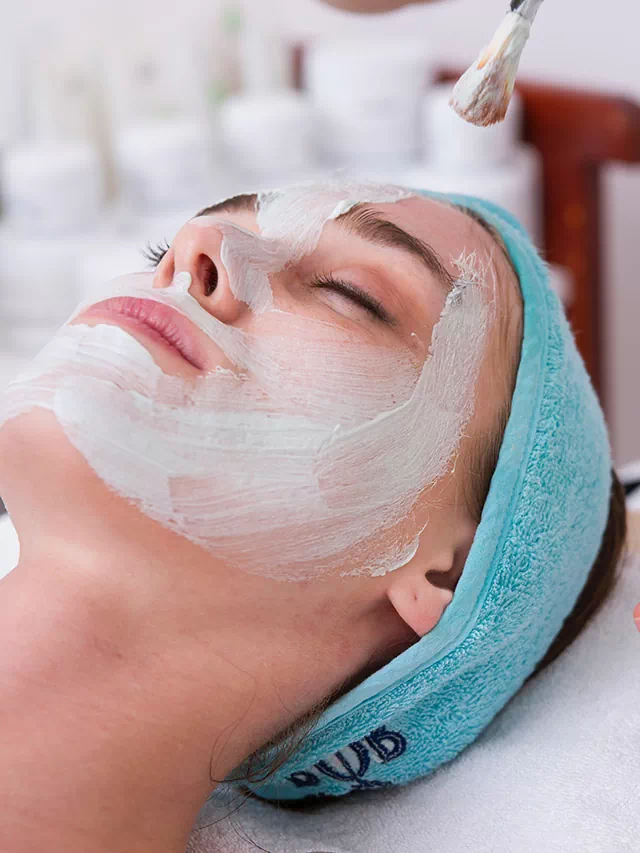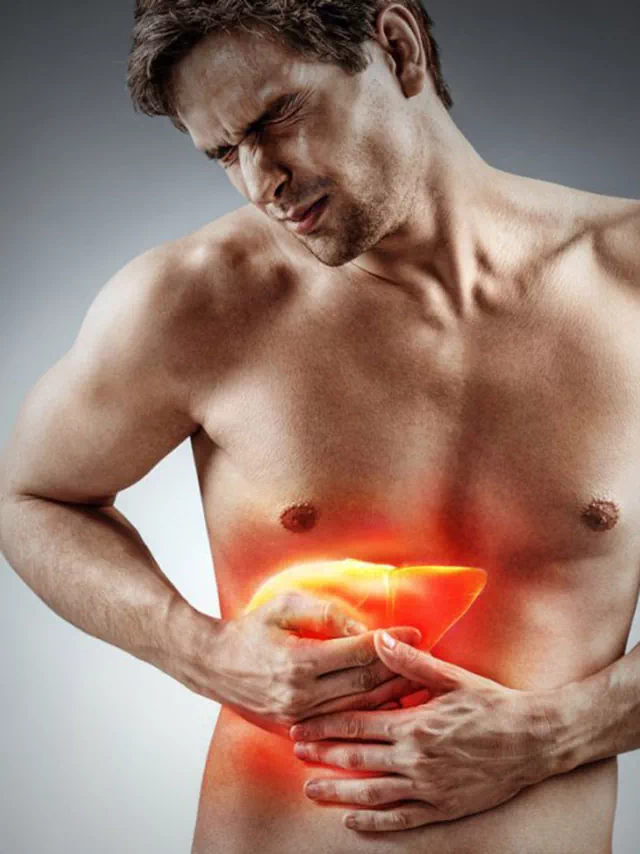This can happen when the body produces too much oil, known as sebum, which can mix with dead skin cells and clog the pores. Hormonal changes, such as those that occur during puberty or pregnancy, can also cause an increase in oil production, leading to more pimples. Other factors that can contribute to acne include genetics, stress, and certain medications.
In addition to the factors I mentioned earlier, there are also certain lifestyle and dietary habits that can contribute to the development of pimples. For example, not cleansing the face regularly or properly can lead to a buildup of oil and dirt, which can clog the pores. Similarly, using oily or heavy makeup can also contribute to acne. Diet also plays a role, as certain foods such as chocolate, dairy products, and high-glycemic-index foods have been linked to acne.
Another important factor that plays a role in the development of pimples is the presence of Propionibacterium acnes (P. acnes) bacteria. These bacteria naturally live on the skin and can thrive in the presence of excess oil. They can cause inflammation and lead to the formation of pimples.
It’s also important to note that there are different types of acne, each with its own set of causes and treatment options. Acne vulgaris is the most common form of acne and it is caused by the factors mentioned above. Other types of acne include cystic acne, which is characterized by deep, painful pimples, and rosacea, which is a chronic condition that causes redness and inflammation in the face.
Another important factor that can contribute to the development of pimples is hormonal changes, such as those that occur during puberty, pregnancy, or menopause. Hormonal changes can stimulate the oil glands to produce more oil, which can lead to clogged pores and the development of pimples. Certain hormonal medications, such as birth control pills, can also affect the development of pimples.
Stress can also be a major factor in the development of pimples. Stress can cause the body to produce more oil, and it can also cause inflammation, which can make pimples worse. It can also make it harder for the skin to heal and can prolong the life of a pimple.
Other factors that can contribute to the development of pimples include genetics, certain medications, and exposure to pollutants and irritants. Genetic factors can predispose a person to developing acne, while certain medications, such as corticosteroids and androgens, can also affect the development of pimples. Exposure to pollutants and irritants can cause inflammation and clogged pores, leading to the development of pimples.
It’s also important to note that everyone’s skin is different, and what works for one person may not work for another. It’s important to work with a dermatologist to determine the underlying causes of your pimples and to develop an appropriate treatment plan.
Acne
Pimples can develop at any age, but they are more common during the teenage years. They also are more likely to occur during times of hormone level increases, such as pregnancy and menstruation. Pimples most commonly form on the face, neck, back, shoulders, and chest.
Acne is the skin condition responsible for pimples. It has no known cause, but hormonal changes and conditions on and just under the skin’s surface play a role in the formation of pimples. Most commonly, pimples are associated with whiteheads and blackheads.
Foods like chocolate, pizza, and soda have been blamed for causing pimples. Despite popular urban legends, these foods and drinks don’t have any effect on acne. Caring for your skin is a much better way to prevent and treat acne.
Certain foods have been linked to the development of pimples on the face. For example, a diet high in processed foods, sugar, and dairy products can contribute to the development of pimples. High-glycemic-index foods, such as white bread, pasta, and sweets, can cause a spike in blood sugar, which can lead to increased oil production and the development of pimples. Dairy products, such as milk and cheese, have also been linked to acne. Some studies suggest that the hormones present in cow’s milk can stimulate the oil glands and lead to the development of pimples. It’s important to note that the link between diet and acne is not clear-cut, and more research is needed to fully understand the relationship. However, if you’re concerned about your diet contributing to your acne, it’s worth discussing with a dermatologist or a nutritionist.






